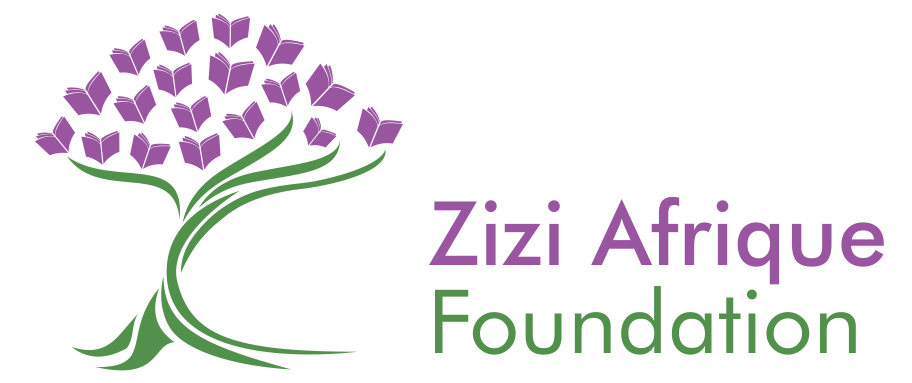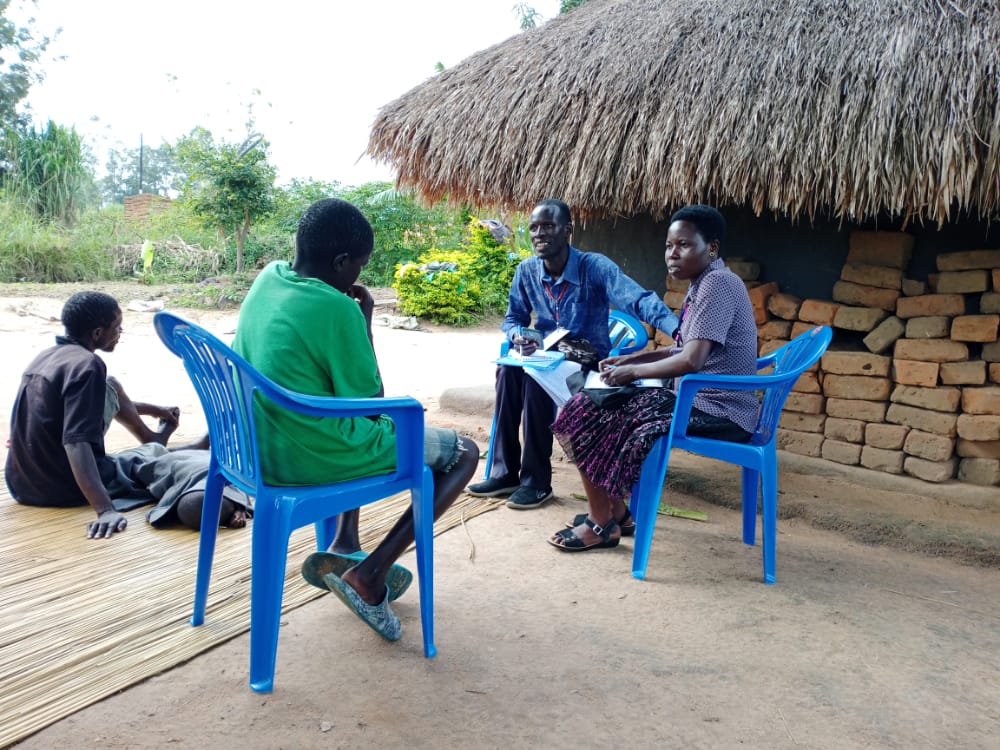“Masomo haija msaidia”. This is a common “cliché” in Kenyan circles, used in reference to Kenyan graduates who are unemployed after years of blood, sweat, and tears of learning.
Whenever this statement is used in reference to specific individuals, typically in our villages, it is a serious one that points out maybe to a failed education system. Perhaps it is time we started asking ourselves serious questions. What makes school dropouts and “underachievers” feel more successful in life than an A student? Does our education system prepare students to be streetwise or book smart, and which of the two do they need to succeed in life? Rhetorical as they sound, these questions are worth asking. Otherwise, the complete failure of the Kenyan education system is a complete failure of society.
As a strong proponent of the Competency-Based Curriculum (CBC), I believe it is high time we had an overhaul or quality improvement of our education system. Unfortunately, there is no data to gauge the progress and efficacy of our education system. It is for this reason that Zizi Afrique Foundation embarked on an initiative for the Assessment of Life Skills and Values in East Africa (ALiVE) among adolescents aged 13 to 17 years. The Assessment of Life Skills and Values in East Africa among adolescents will help in evidence generation, raise awareness among policy actors and other stakeholders, and help in capacity building, which will contribute to creating an enhanced and effective education system.
In March 2022, the Zizi Afrique Foundation embarked on an ambitious initiative dubbed ALiVE. Before the ALiVE project came “alive”, there was a lot of groundwork that involved developing the research tools, training trainers, and training assessors, among others. As one of the trainers, I reflect on the ups and downs of the entire project and my contributions and takeaways. This is important as, as they say, there are always ups and downs in our lives. So up the music, turn down the cocktails, and make the most of what you’ve got.
According to Joseph Juran’s trilogy, arguably the father of Total Quality Management (TQM), one of the tenets of effective management is quality improvement. As such, we cannot talk about improving our education system without generating evidence. After the training of assessors in Nyamira County, they were tasked with the responsibility of collecting data. With the cooperation of village elders, the data collection exercise went on well, and there were no major challenges. I was particularly concerned with Kisii (still don’t know why people refer to Nyamira as Kisii, perhaps it’s because the residents are Kisiis) being “God’s Bathroom”, the rainy weather would have made the data collection exercise challenging. It is like God heard our prayers and it never rained seriously during the entire exercise. Otherwise, the Kisii rains, or, Nyamira rains, would have dealt us more than a blow. The raindrops would have kissed our cheeks, (un)consensually jeopardizing the whole exercise. Fast forward, what worked well is that, through the cooperation of the village elders, the data was successfully collected. Hence, I believe the findings will be valid and reliable. It is important that reliable and valid evidence is generated because this is what will inform decision-making. Hence, with accurate evidence, effective decisions will be made to improve the education system. However, I must admit that I had difficulty climbing and maneuvering the rocky and hilly Nyamira terrain. In the process, I think I lost some pounds, although I knew that at the end of the day, we would get some pounds (covert to Kenya shillings) for the sacrifices. Most parents were passionate about the project.
Nonetheless, there are those who expected financial rewards (typical for us Kenyans). However, those who understood well what the project was all about were passionate. With the evidence generated, it will be important to intensify the awareness creation campaign. Parents and guardians are no longer backbenchers in their children’s education. Instead, they are stakeholders. Hence, I believe the evidence generated will help in pursuing them to embrace the CBC curriculum. There has been talk of parents overwhelmingly opposing the education system, citing high costs and a lack of understanding as the primary reasons for their opposition. With the data and evidence that will be generated,stakeholders in the education sector will appeal to logic and implore parents and guardians to see the positives of the new curriculum. I believe that one of the reasons why parents, including teachers, are opposed to the system is because the correct information has not been put out there. Hence, the assessment exercise played a significant role in gathering more information that would be used to address the bottlenecks in the implementation of the curriculum.
Unemployment is a major social problem in Kenyan society. According to the World Bank, Kenya’s unemployment rate stood at 5.7% in 2021. This has been a sharp rise compared to theprevious years. The news isn’t good, with both inflation and unemployment rates on the rise. I vividly recall Dr. John Mugo talking about how there is a skill mismatch between employees and the jobs being offered. This is a major revelation and positive news and brings some hope, knowing that after all, ours is just structural unemployment and not open unemployment. I think the former is easily manageable if correct interventions are enforced. Nonetheless, I still believe that not everyone is cut out for employment. This is why I think it was important to assess the competencies as aligned with CBC, which included self-awareness, respect, collaboration, and problem-solving. One of the observations that I made during the assessment was that most adolescent girls were well versed in problem-solving competency. This competency comes in handy in creating the next generation of Kenyan entrepreneurs. Ideally, all entrepreneurs are problem-solvers because they identify an opportunity and capitalize on it by providing solutions. Also, the collaborative activities such as making a ball underscore the importance of nurturing adolescents’ communication, negotiation, and their ability to work together. If Kenya has to achieve VISION 2030, then the education system must produce graduates who can work as a team, communicate effectively, and negotiate better deals for the benefit of the country.
Overall, my observation as a trainer and monitor for ALiVE from Nyamira County is that most adolescents could have scored averagely on the competencies of respect, self-awareness, and collaboration, but did well in problem-solving, especially girls. As such, these skills need to be nurtured, and the only way this can be done is through contextualized learning. There is need tomove away from abstract learning, which promotes cramming, and embrace competent-based learning. The latter promotes more learner involvement, makes learning fun, and nurtures most of the competencies being promoted by the CBC curriculum. If you talk to an unemployed graduate (like me, 10 years of unemployment, story for another day), they will express their dissatisfaction with our educational system. However, hope is not lost. I have not despaired. There is a bright future! With the evidence generated from ALiVE, the quality of our education will be improved and our skills will be nurtured to match employer needs. Amidst hopelessness, there is hope that ultimately, ‘Masomo itatusaidia’.
Stallone Mokaya is an ALiVE Trainer , For feedback, send an email to info@ziziafrique.org


